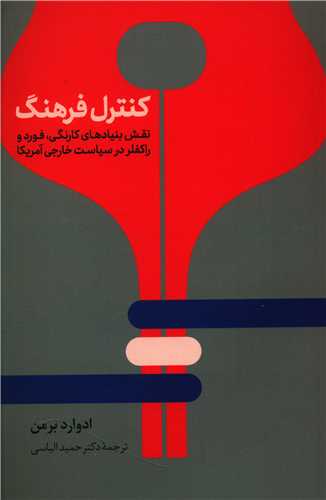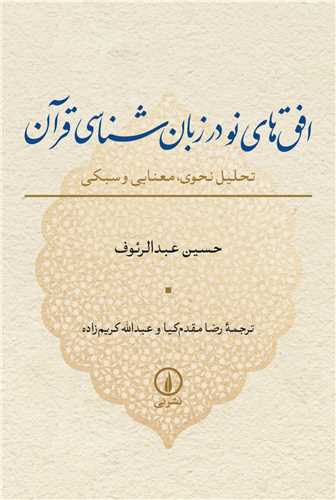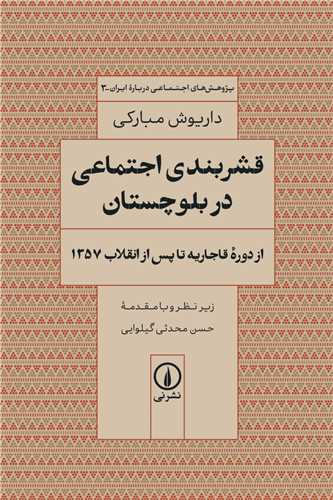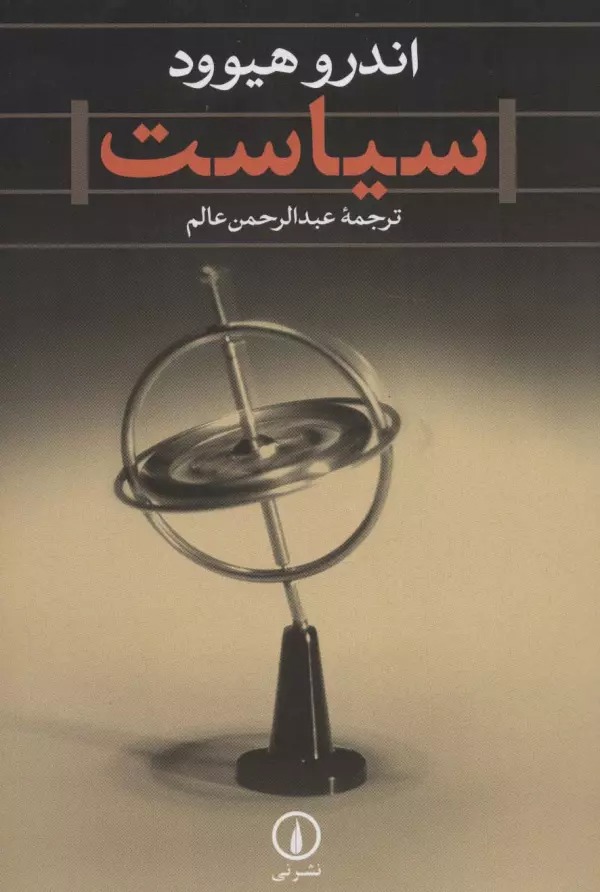Kunturul-i Farhang: Persian 2022
کنترل فرهنگ
16.66 $
Share
Wishlist
Original Title:
Influence of the Carnegie
,
Ford
,
and Rockefeller Foundations on American Foreign Policy: The Ideology of Philanthropy
ISBN:
9786220603276
Translator:
Ḥamīd Ilīyāsī
Publisher:
Nashr-i niy
Age Group:
Adult
Pages:
320
Weight:
370 g
Dimensions:
14 x 21 x 2.9 cm
Book Cover:
Paperback
Examines the generally unrecognized role played by these foundations in support of US foreign policy.
This book examines the generally unrecognized role played by the Carnegie, Ford, and Rockefeller foundations in support of United States foreign policy, particularly since 1945. The foundations’ efforts on behalf of American interests abroad have focused primarily on their support for a number of institutions of higher education in strategically located Third World nations. These institutions, modeled after foundation-supported American universities, were designed to train Third World leaders in norms that would encourage them—minimally—to assume a posture of neutrality toward American economic and political penetration of their societies.
Dr. Berman’s study challenges the oft-asserted, but undocumented, thesis of the American political right that these liberal foundations historically have pursued policies detrimental to United States interests. The evidence indicates how foundation policies and programs were formulated after close consultation with leaders of the American corporate sector and government officials, and how their activities were designed to further the objectives determined by those who influence the direction of United States foreign policy.
more
سخنگویان بنیادها همواره ماهیت نوعدوستانهی مؤسسات خود را مورد تأکید قرار دادهاند و در همان حال این اتهام را نیز رد کردهاند که گویا هدف اصلی ایشان پیشبرد اهداف ملی یا حزبی خاص بوده است. چنین ادعاهایی پس از پایان جنگ جهانی دوم با شدت و تناوت بیشتری عنوان شدهاند. دوران پس از جنگ شاهد گسترش سریع برنامههای برونمرزی بنیاد کارنگی و بنیاد راکفلر و همچنین ورود بنیاد فورد به صحنهی فعالیتهای خارجی بوده است. این ادعای بنیادها در مورد ماهیت صرفاً بشردوستانهی فعالیتشان در داخل و خارج با بررسی نامهها، خطمشیهای اعلامشده، گزارشهای درونسازمانی و خاطرات مقامات آنها رد میشود. اسناد فوق آشکارا نشان میدهند که چگونه برنامههای بنیادها به منظور پیشبرد علایق سیاست خارجی ایالات متحد تدوین شده است.
more














